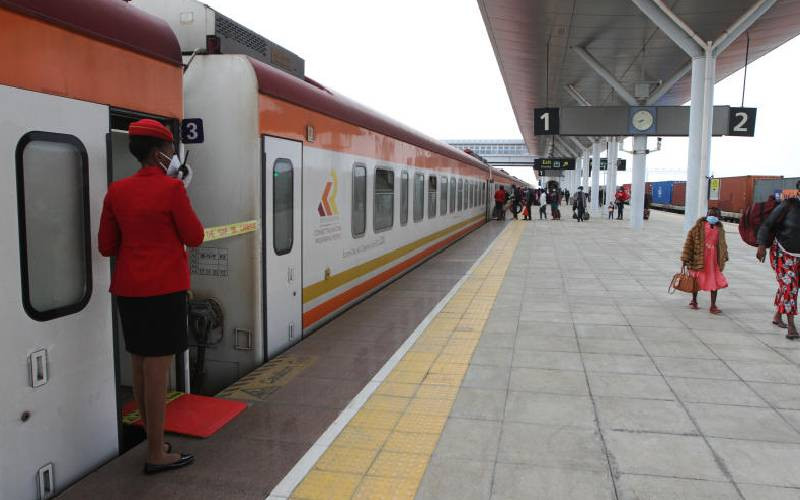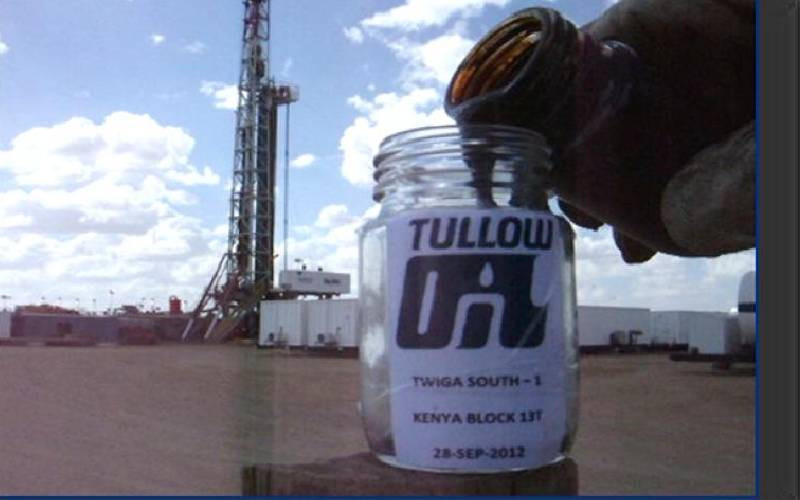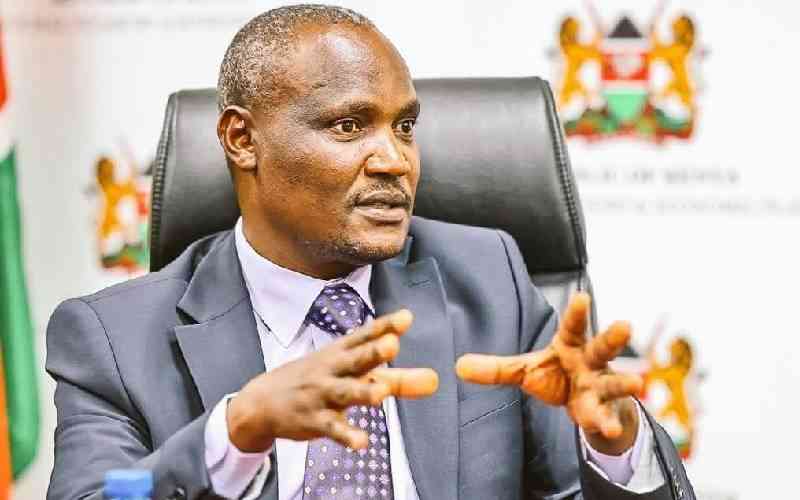×
The Standard e-Paper
Home To Bold Columnists
By Benson Kathuri
Contentious issues that threatened the signing of the common market and the process of integration among the East African Community states have been resolved.







